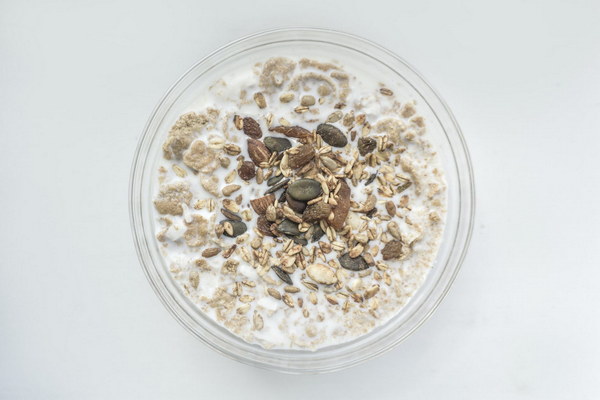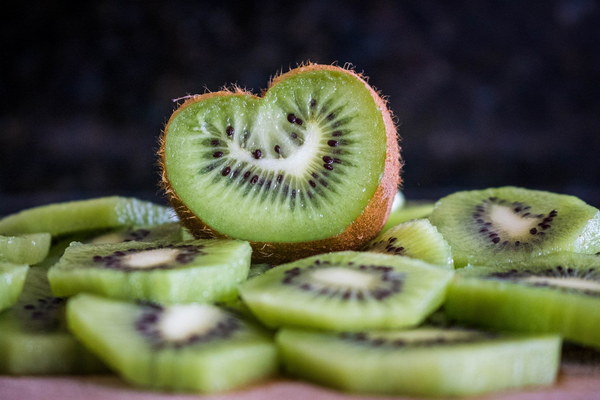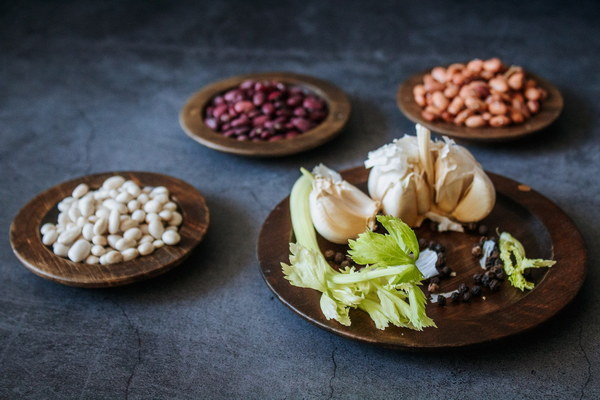Boosting Qi Why and How to Supplement When You're Deficient
In the realm of traditional Chinese medicine, the concept of Qi (Chi) is central to understanding the body's balance and vitality. Qi is often described as the vital life force that flows through the body, and it's believed to be responsible for the maintenance of physical, emotional, and spiritual well-being. When an individual is diagnosed with Qi deficiency, it means that their body is not receiving enough of this essential energy, leading to various symptoms that can affect daily life. This article explores why Qi deficiency occurs, the symptoms to watch out for, and how to appropriately supplement to restore balance and vitality.
Understanding Qi Deficiency
Qi deficiency can arise from a variety of factors, including poor nutrition, excessive stress, lack of sleep, chronic illness, or genetic predisposition. When Qi is low, the body's functions can be compromised, leading to a range of symptoms that might include fatigue, weakness, lack of energy, and a general feeling of malaise.
Symptoms of Qi Deficiency
Here are some common symptoms that may indicate a Qi deficiency:
- Chronic fatigue and weakness
- Lack of motivation
- Low immunity
- Poor concentration
- Digestive issues, such as bloating, gas, or diarrhea
- Cold extremities
- Pale, dry, or rough skin
- Frequent infections

Why Supplement When You Have Qi Deficiency?
Supplementing when you have Qi deficiency is about restoring the body's natural balance. By providing the body with the necessary nutrients and energy, it can help improve overall health and vitality. Supplements can include natural remedies, dietary adjustments, and lifestyle changes that all work together to boost Qi.
Natural Remedies for Qi Deficiency
1. Ginseng: This is a well-known herb in traditional Chinese medicine, often used to boost Qi and enhance vitality.
2. Astragalus: Another herb that is believed to strengthen the immune system and increase Qi levels.
3. Codonopsis: This herb is used to tonify Qi and is often combined with other herbs for a synergistic effect.
4. Schisandra: Known for its adaptogenic properties, it helps the body adapt to stress and can boost energy levels.
Dietary Adjustments
- Nutrient-Rich Foods: Incorporate foods that are rich in vitamins, minerals, and antioxidants into your diet. These include fruits, vegetables, whole grains, lean proteins, and healthy fats.
- Herbal Teas: Drink herbal teas made from Qi-boosting herbs like ginseng, astragalus, or codonopsis.
- Avoiding Qi-Draining Foods: Limit consumption of cold, raw, and processed foods, as they can deplete Qi.
Lifestyle Changes
- Regular Exercise: Engage in moderate exercise to improve circulation and boost Qi. Activities like tai chi, yoga, or walking are particularly beneficial.
- Adequate Sleep: Ensure you're getting enough sleep, as it's crucial for the body to rejuvenate and restore Qi.
- Stress Management: Practice stress-reducing techniques such as meditation, deep breathing exercises, or spending time in nature.
Conclusion
Incorporating natural remedies, dietary changes, and lifestyle adjustments can help address Qi deficiency and restore the body's balance. It's important to approach supplementation with care, starting with small doses and consulting with a healthcare professional to ensure that the chosen remedies are safe and appropriate for your specific needs. By taking these steps, you can work towards a healthier, more energetic, and balanced life. Remember, the key to managing Qi deficiency lies in a holistic approach that considers the mind, body, and spirit.









